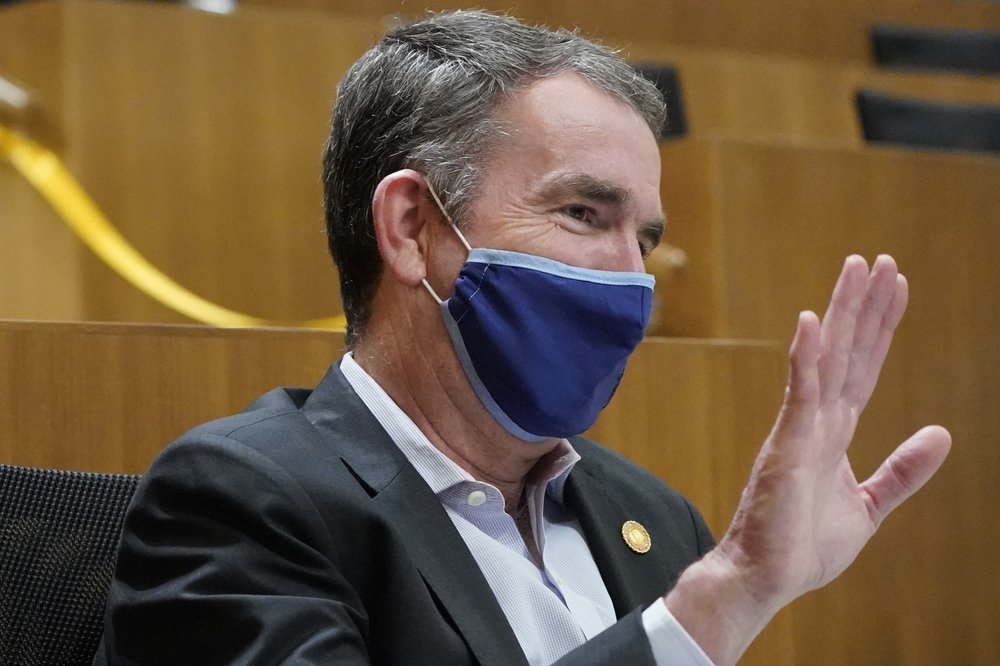
RICHMOND, Va. (CNN) – Virginia Democratic Gov. Ralph Northam announced Tuesday that he’s taking executive action to restore voting and other civil rights to former felons as soon as they complete their prison terms — a move that will immediately apply to more than 69,000 formerly incarcerated Virginians.
Northam’s action, shared first with CNN, is the latest push to expand the franchise to ex-convicts in the state, and comes just months before Virginia’s gubernatorial and state legislative elections.
It also occurs in the middle of a battle around the country over who has the right to vote. Republican-controlled legislatures are moving to clamp down on access to the ballot. As of February 19, lawmakers in 43 states had introduced more than 250 bills that included voting restrictions, according to a tally from the Brennan Center for Justice at New York University. Arizona and Georgia — two traditionally Republican states that backed President Joe Biden last fall — have led the way in pushing new restrictions.
Removing obstacles to voting for former felons has been the subject of partisan warfare in some states because of the perception that this cohort of voters is more likely to support Democratic candidates.
Under current law in Virginia, anyone convicted of a felony loses an array of civil rights, including the right to vote, serve on juries or run for public office. The state Constitution gives the governor the sole power to restore most of those civil rights.
Previously, the state’s policy required former felons to finish serving “active supervision,” including probation or parole, before they were eligible to have their rights restored by the governor. Northam’s move means Virginians who have been released from prison but still remain on probation or parole now are eligible to vote.
On Tuesday, Northam said it’s unfair to deprive former felons of their rights once they have served their time.
“Probationary periods can last for years. But that’s also time in which a person is living in the community, rebuilding their lives,” he added. “They should be able to exercise those civil rights, even if they are still under supervision.”
“Letting these folks vote or exercise other civil rights isn’t a threat to public safety,” he said. “We’re a Commonwealth that believes in second chances. And we believe in forgiveness. We want people to move forward — not be tied down by the mistakes of their past.”
State officials, in anticipation of the announcement, reviewed Department of Corrections records to identify the former felons who meet the new criteria, and Northam will restore the rights of 69,045 people Tuesday, said Kelly Thomasson, Virginia’s secretary of the commonwealth.
Nationally, nearly 5.2 million Americans cannot vote because of a felony conviction, according to The Sentencing Project. The barrier particularly affects African Americans: One out of 16 Black people of voting age are barred from the ballot box because of felony disenfranchisement laws, nearly four times the rate of non-Black Americans, the group’s data show.
Northam’s actions are the latest in a series in Virginia to expand the franchise. With Tuesday’s announcement, Northam said he has restored voting rights for more than 111,000 people during his time in office. The governor is term limited and is not on the ballot in Virginia this fall.